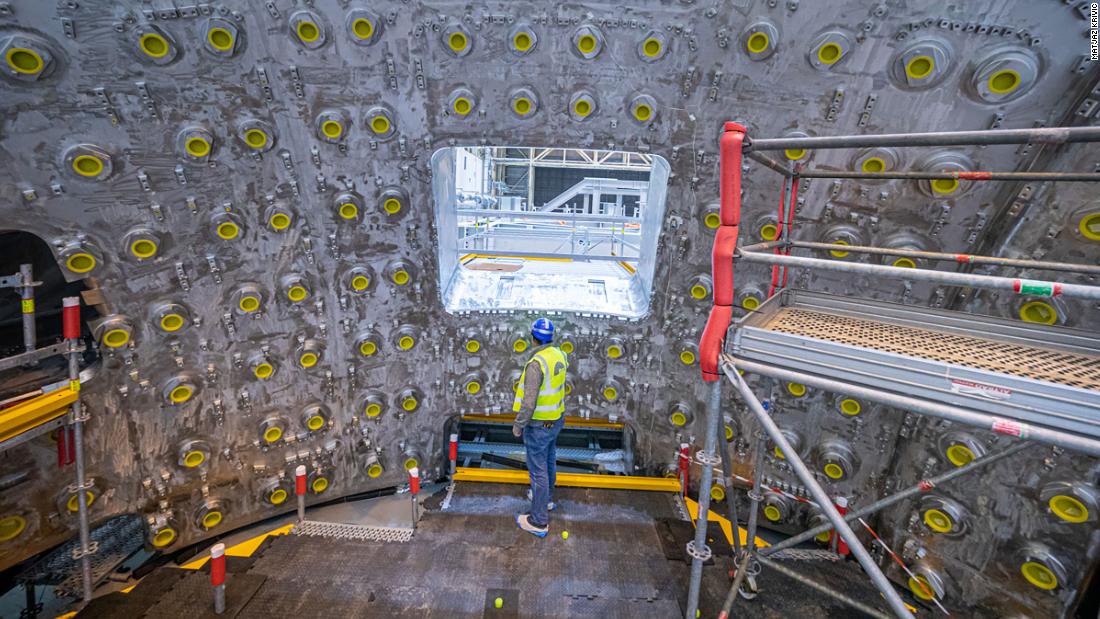I'm waiting for the clothes to dry, so thought I'd point out a curious fact about prime and composite (meaning, not prime) integers.
Euclid has a proof that if A is a finite set of prime numbers, then there is some prime p larger than every prime in A. It is a simple step beyond this to prove that there are infinitely many prime numbers.
Here's the thing: pick some positive integer N, as large as you like. There then exists some sequence of N consecutive composite integers (like 8, 9, 10 are three consecutive composite integers, or 212, 213, 214, 215, 216, 217, 218 are seven consecutive composite integers). It's a simple algorithm we're using. Anyway, there exists a sequence of 10000000000000000000000000000000000 consecutive composite integers and after all this there are still infinitely many primes coming up. If W is the number of seconds since the Big Bang, there exists a sequence of W consecutive composite (non-prime) integers. I think that's cool.
Edit: Sketch of how the algorithm works. I mentioned that 212, 213, 214, 215, 216, 217, 218 are seven consecutive composite integers. This is so because 2x3x5x7=210, and to this add in order 2, 3, 4, 5, 6, 7, 8.
Enjoy your evening. Thanks for putting up.

phys.org






